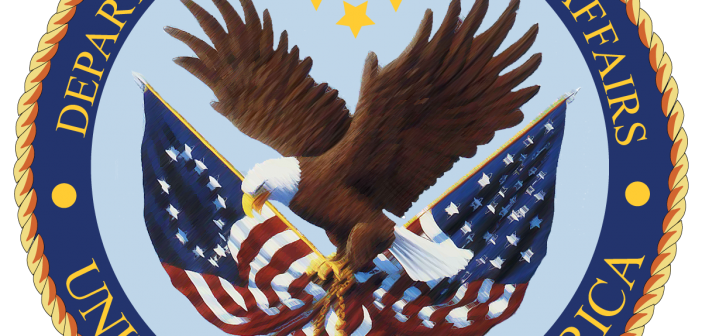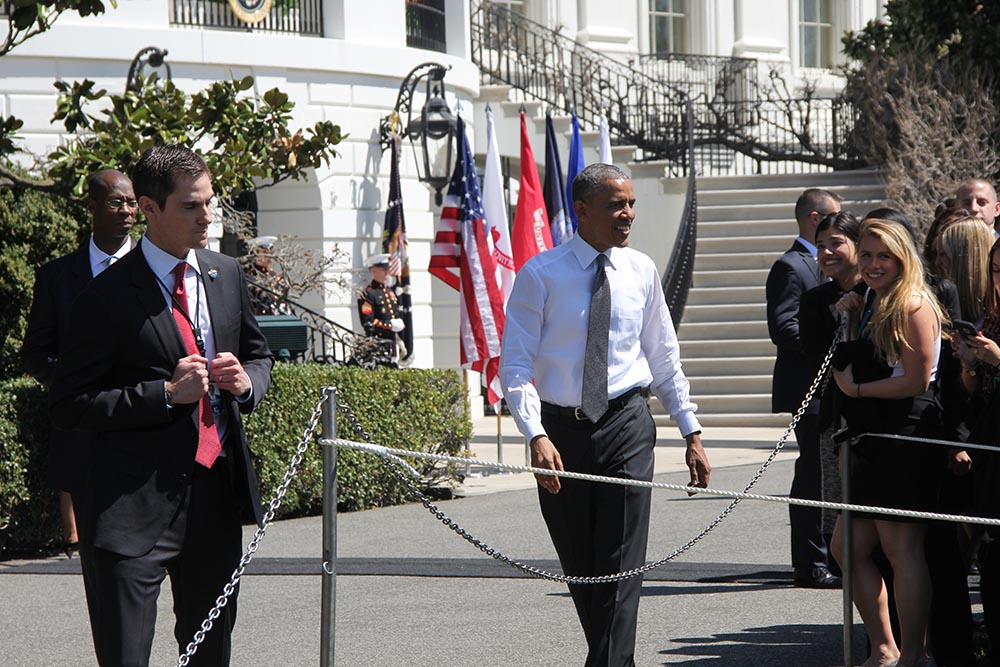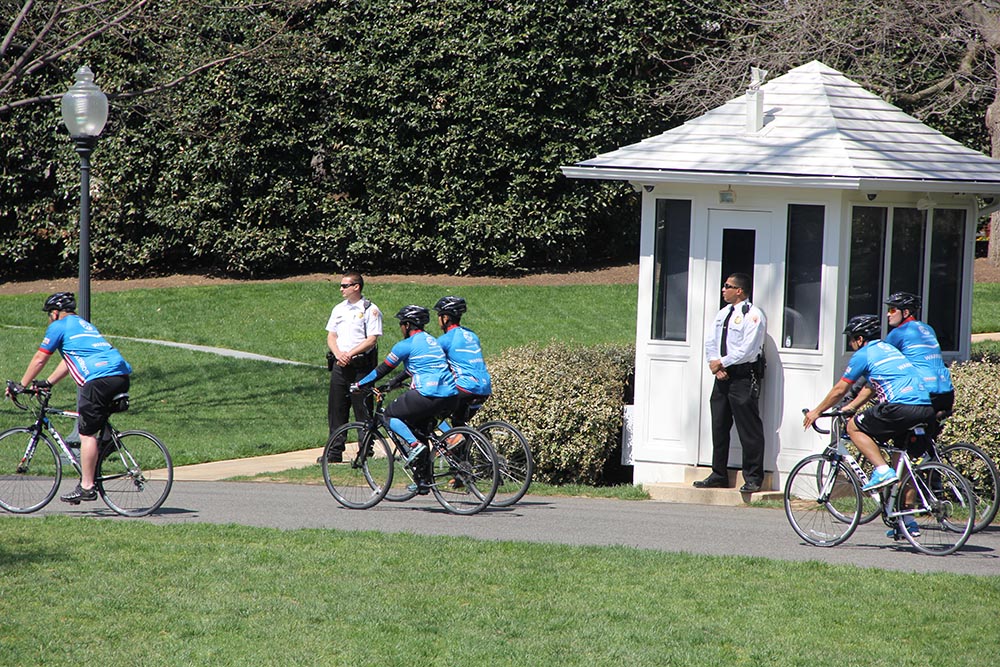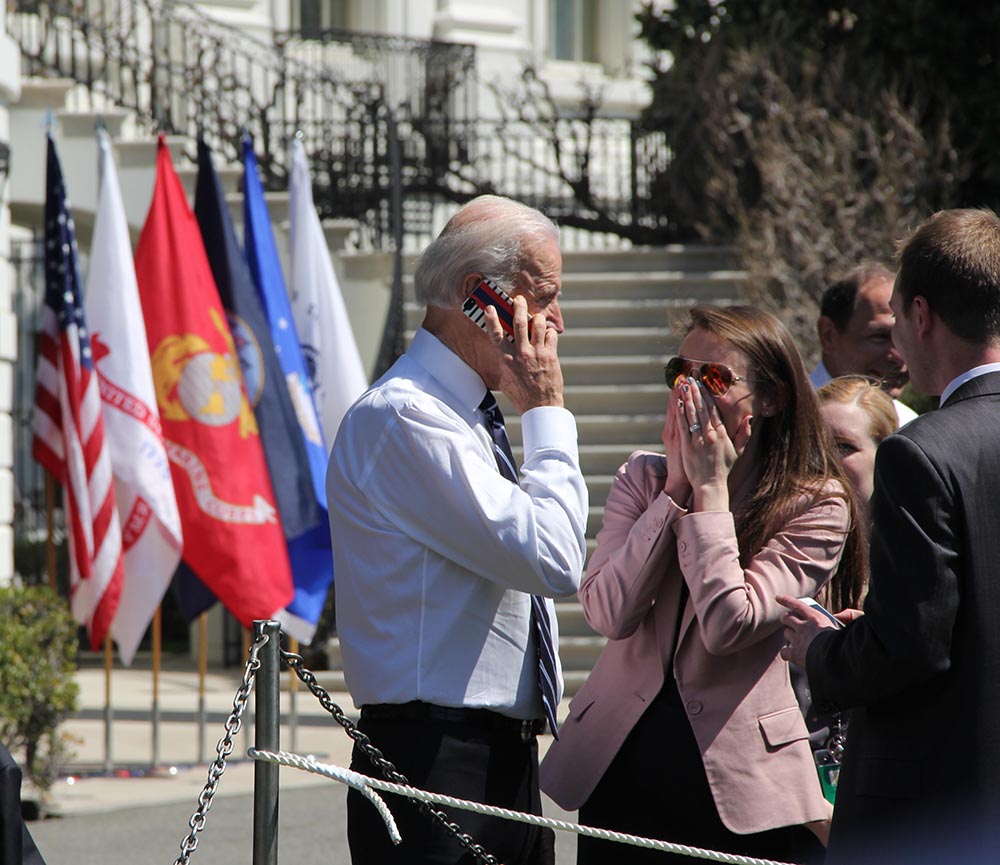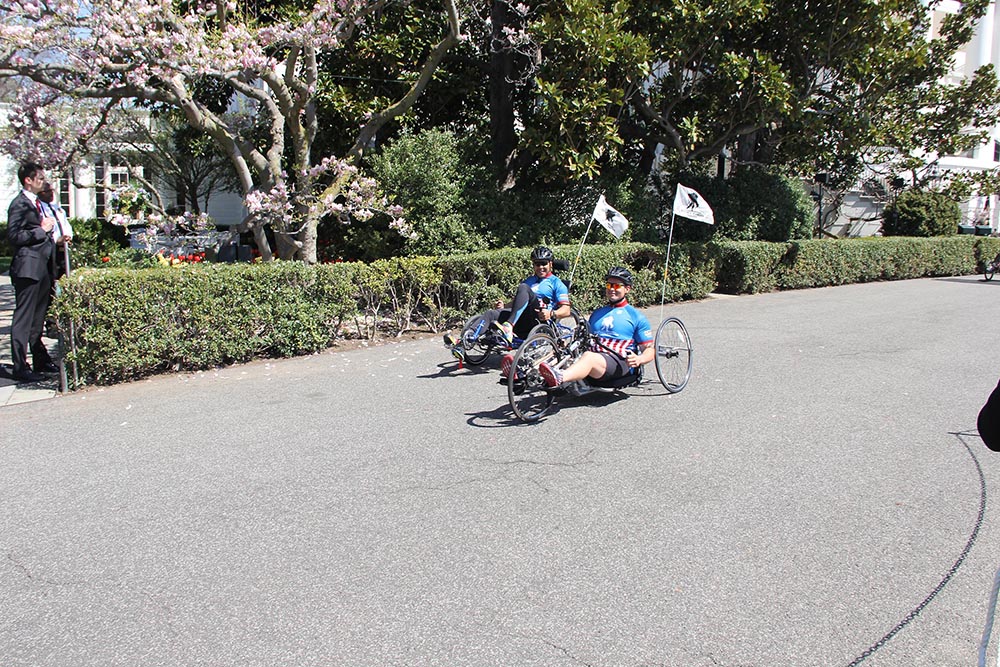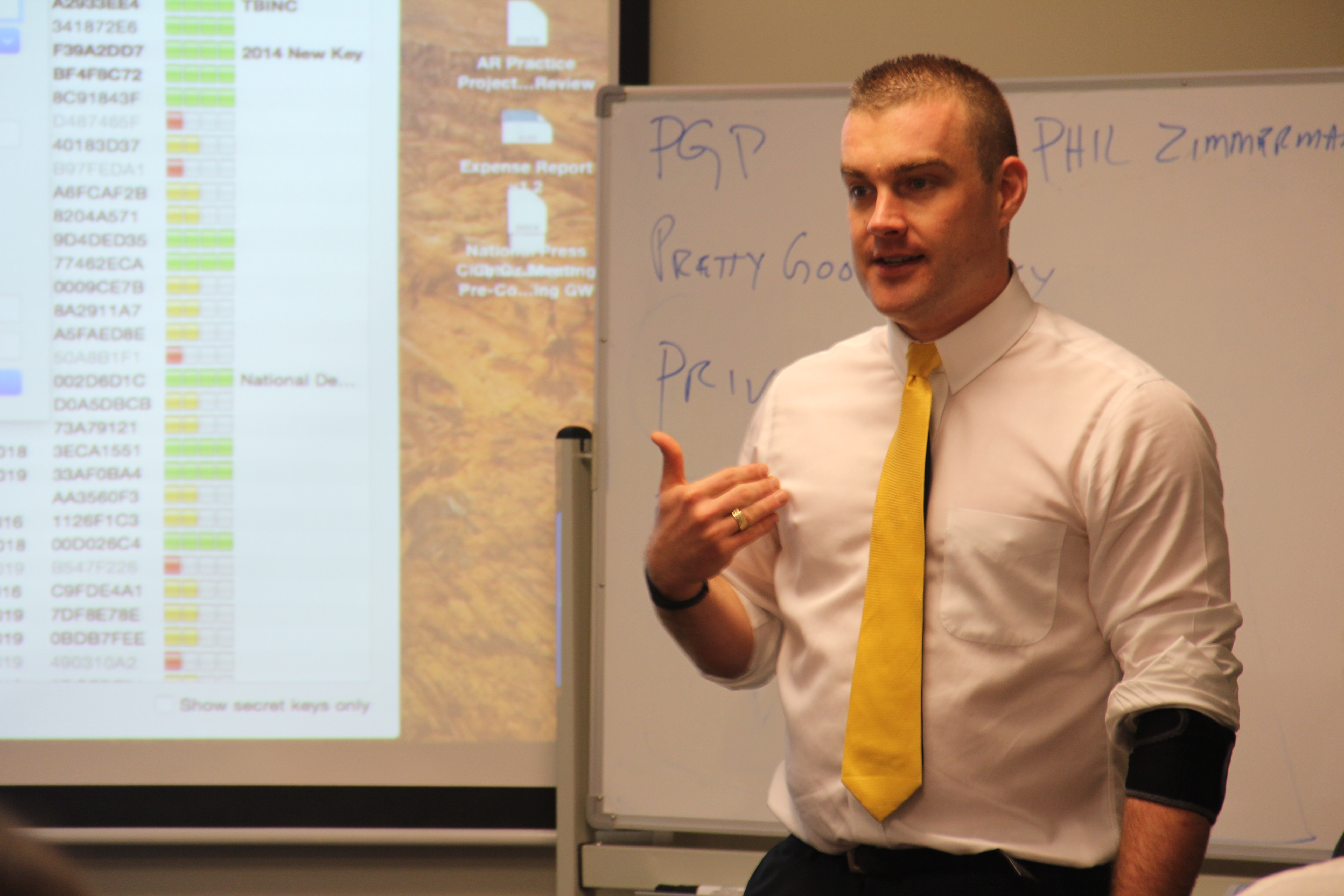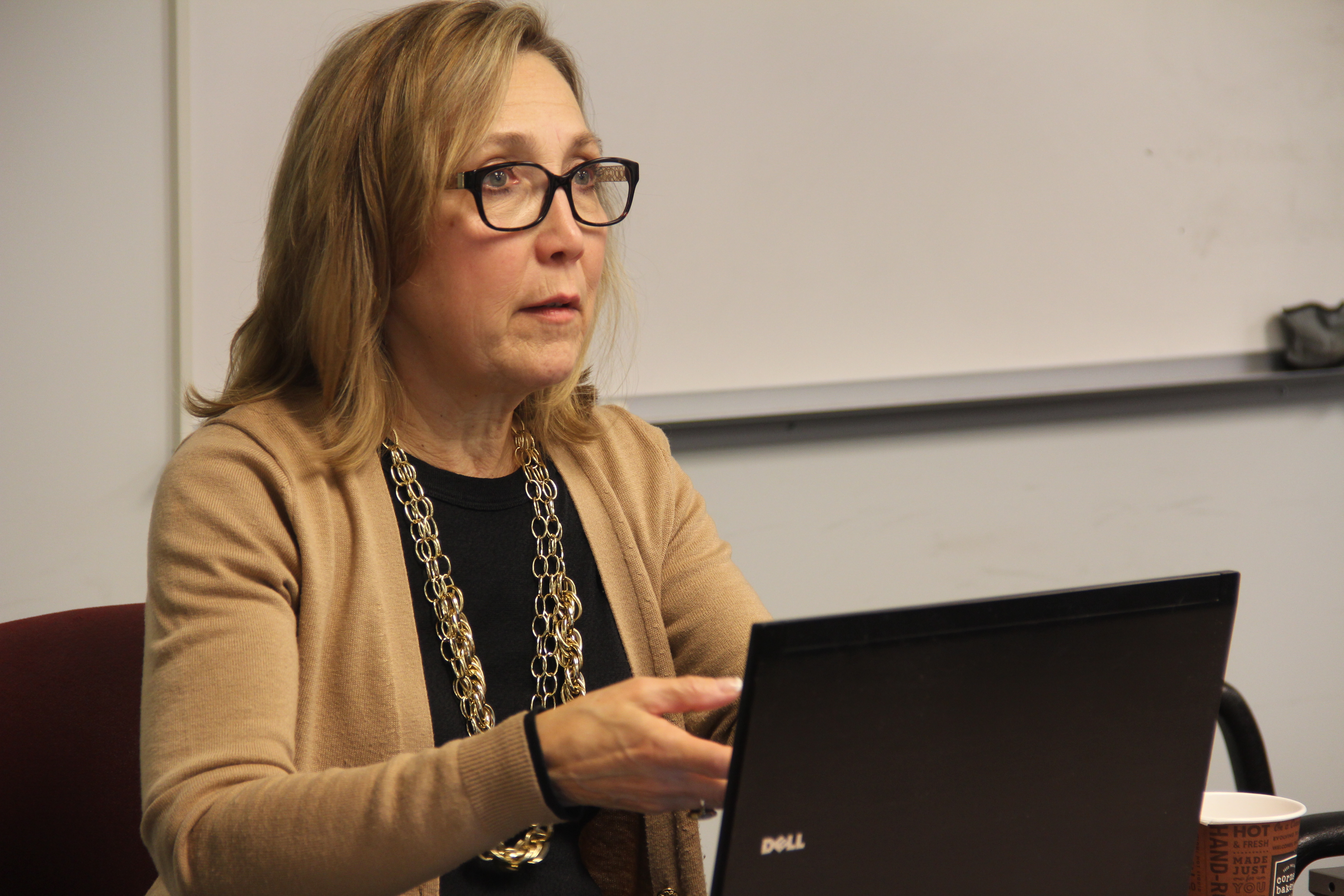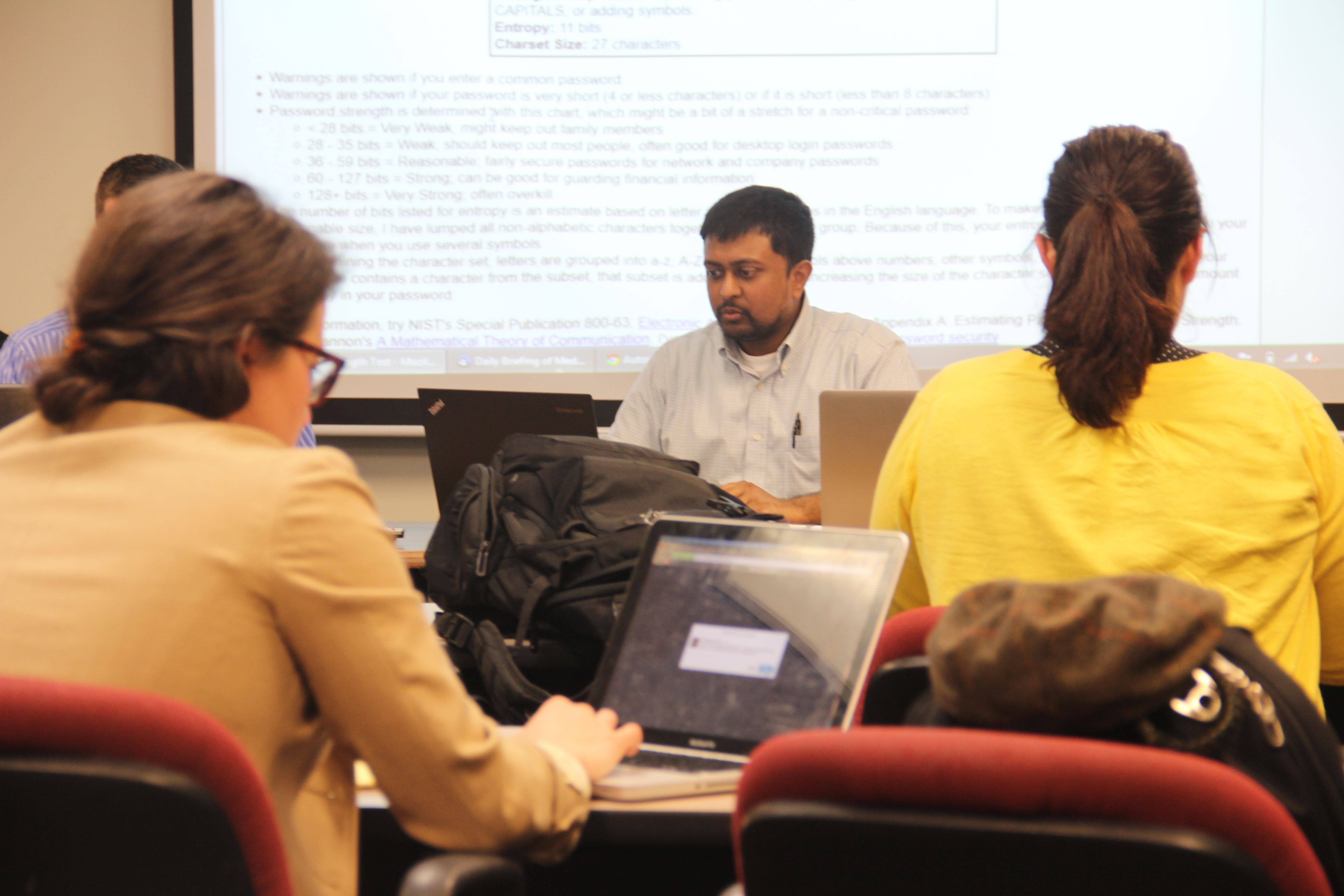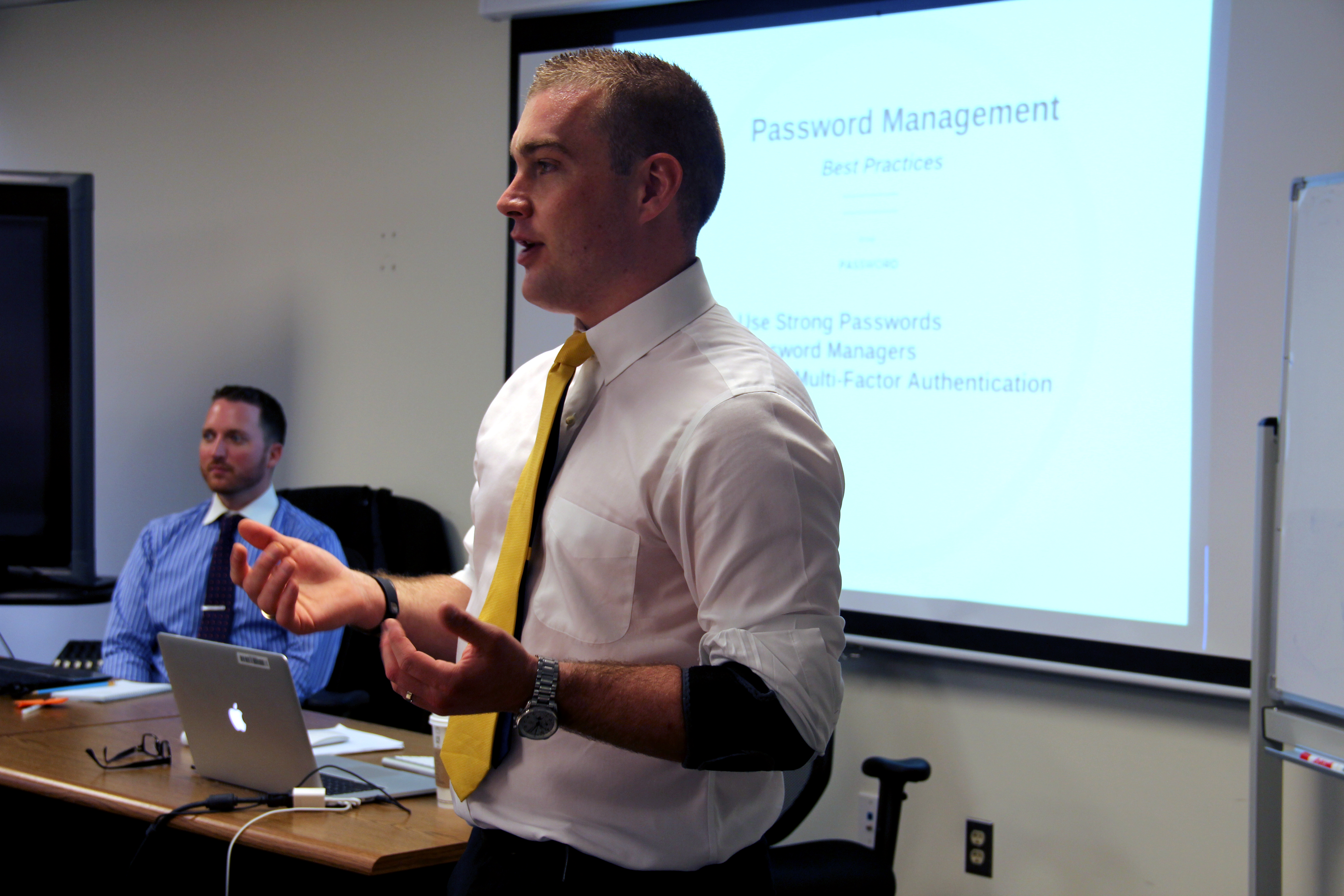WASHINGTON – Dan Mikulecky had an epiphany during his 2004 deployment to Iraq with the Montana National Guard.
He had joined the Guard for college, but wasn’t sure the direction he wanted to go in life post-deployment. Being out in the Iraqi countryside, however, it became clear to him: he wanted to return to rural Montana and become a farmer.
When he got back to the U.S., Mikulecky received a preferential veteran’s loan, agricultural training and financial advising through Northwest Farm Credit Services. He purchased land in Rudyard, Montana and grow it into a thriving wheat and grain farm.
“The hours from the service and the hours that you put into agriculture are very closely related,” Mikulecky said. “Yeah, it’s a lot of hurry-up-and-wait, but we’re self-starters, always trying to go the extra mile.”
For military veterans like Dan Mikulecky, turning swords into ploughshares – both literally and figuratively – is becoming an increasingly attractive option.
With the drawdowns in Iraq and Afghanistan and thousands leaving the military, America’s veterans are facing over 20 percent unemployment. With 45 percent of armed service members coming from rural America, the draw to agriculture is a natural solution, according to the USDA.
“We should hope for all veterans to be able to come back and assimilate in the way they can, but we also need a lot of new, young farmers,” Mikulecky said in an interview. “Someone has to grow the food.”
The average age of farmers in the U.S. is currently over 58 years old, according to 2012 Census data.
For America’s aging farmers and ranchers, worried over who will take the reins in the next generation, an infusion of veterans into American agriculture would be a welcome relief.
“Almost half of those that have served in the wars in Iraq and Afghanistan have come from small, rural towns,” said Farmer Veteran Coalition founder and director Michael O’Gorman.
“We’ve become a disproportionately rural military, so we feel the health and prosperity of our rural communities is important to our military, and agriculture is an important and exciting avenue for those that are leaving the military,” O’Gorman said.
Since founding the Farmer Veteran Coalition in 2008 to guide veterans’ transition into agricultural careers, O’Gorman has seen the organization grow from 10 veterans to over 4,500 members, with over 200 joining each month.
The Farmer Veteran Coalition provides small grants, livestock and used tractors for veterans, and also helps them navigate the world of finance through coordination with the USDA, and Farm Credit, which is a national network of lending institutions – including Northwest Farm Credit Services – tailored to agricultural and rural America.
The skills and ethos of military service directly translate into agriculture, according to O’Gorman.
“There’s a lot of the same sense of determinedness, the same sense of hard work, taking on a mission, standing up when you’re knocked down, and [being] really purpose-driven,” O’Gorman said.
The barriers to entry into farm life, however, may be daunting to many veterans. Obtaining land, seeds, equipment and training in cultivating crops or raising livestock present enormous challenges to those considering a career in agriculture.
Air Force Brig. Gen. Kory Cornum, who owns a 690-acre farm outside of Paris, Kentucky advises vets to start small and expand over time.
“It can look like a big hill when you’re young, but if you want to do it, you can make it happen,” Cornum said.
According to Rep. Michael Conaway, R-Tex., Chairman of the House Agriculture Committee, taking advantage of the assistance and guidance provided by the Farmer Veteran Coalition and Farm Credit helps veterans survive the tough early years and “build the capital to allow them to then expand their businesses.”
“We’ve asked them to do things way too often, too many repetitive deployments,” Conaway said. “So we owe them our gratitude, and one of the ways we can help their post-military service lives is to get them into agriculture.”
Conaway made the remarks at a Capitol Hill reception last week honoring farmer veterans. The event showcased agricultural products grown by veterans with the Homegrown By Heroes label.
The Homegrown By Heroes label identifies products sold in grocery stores and farmers’ markets which are grown and raised by U.S. veterans. Since its 2014 national launch by the Farmer Veteran Coalition and Farm Credit, it has expanded to 165 farmers and ranchers in 43 states and brought in over $15 million in sales for veterans.
Calvin Riggleman, a Marine Corps veteran with two deployments to Iraq and now owner of Bigg Riggs Farm in Augusta, West Virginia, was the first veteran in the Mountain State to use the Homegrown By Heroes label and sells his produce at farmers’ markets around Washington, D.C.
“I think it makes a big difference,” Riggleman said. “People walk up to my stands and they know I’m a veteran without me having to say anything.”
For Dan Mikulecky, becoming a farmer has offered a stable career doing what he loves.
“Farming is something that we’ll only need to do a better job at as the population of the world increases,” Mikulecky said. “It’s an industry that never runs out of demand.”
His wife Adria Mikulecky agreed, adding that their success was due to the support they received through organizations like the USDA, the Farmer Veteran Coalition and Northwest Farm Credit Services.
“That’s what veterans need when they come home and try to transition: a lot of support.”



